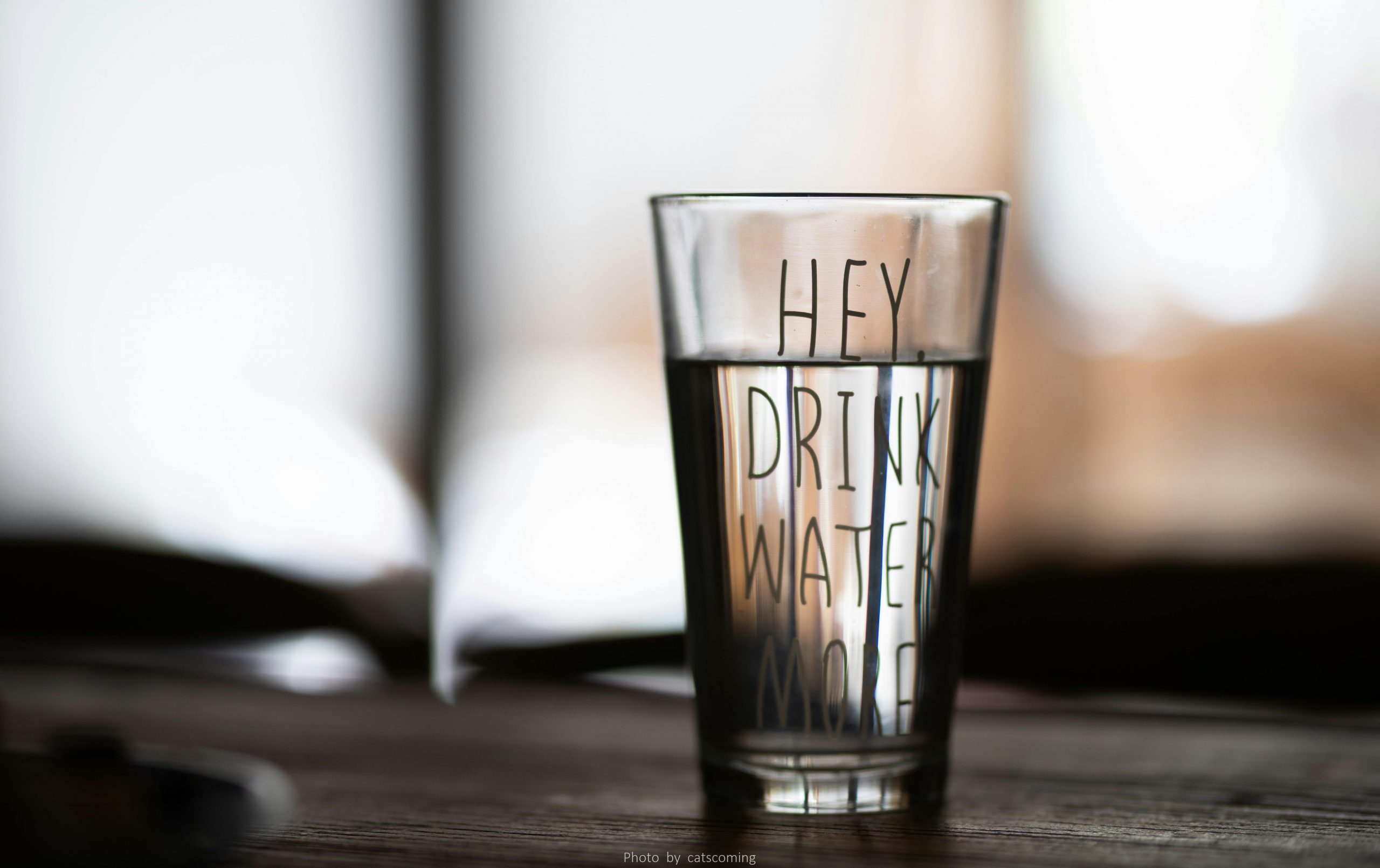
Water, the elixir of life, plays a fundamental role in every aspect of our well-being, including fitness. While many focus on the importance of exercise routines and dietary choices, the significance of proper hydration often gets overlooked. However, staying adequately hydrated is not just about quenching thirst—it’s about optimizing performance, aiding recovery, and maintaining overall health.
Hydration and Exercise Performance
Hydration is essential for optimal physical performance. When engaging in fitness activities, the body’s demand for water increases due to sweating and increased respiration. Dehydration can lead to decreased endurance, reduced strength, and impaired coordination, all of which can hinder workout performance.
During exercise, especially intense or prolonged sessions, the body loses fluids through sweat. Proper hydration helps regulate body temperature, allowing you to exercise longer and more effectively. Even mild dehydration, equivalent to a fluid loss of just 1-2% of body weight, can impair performance and increase the risk of heat-related illnesses.
Electrolyte Balance
In addition to water, maintaining electrolyte balance is crucial for fitness enthusiasts. Electrolytes such as sodium, potassium, calcium, and magnesium play key roles in muscle function, nerve transmission, and fluid balance. Sweating during workouts leads to the loss of electrolytes, which must be replenished to prevent cramping, fatigue, and dehydration.
Many sports drinks and electrolyte-enhanced water products are available to help replenish electrolytes lost during exercise. However, for most individuals engaging in moderate-intensity workouts, water combined with a balanced diet is sufficient to maintain electrolyte balance.
Promoting Recovery
Proper hydration is essential for post-workout recovery. After exercise, the body needs water to facilitate muscle repair, remove waste products, and replenish glycogen stores. Rehydrating adequately helps reduce muscle soreness and fatigue, allowing for quicker recovery between workouts.
Appetite Regulation
Drinking water can also aid in appetite regulation and weight management. Sometimes, feelings of hunger are mistaken for thirst, leading individuals to consume unnecessary calories when they’re actually just thirsty. Staying hydrated can help curb appetite and prevent overeating, supporting weight loss and weight maintenance goals.
Tips for Staying Hydrated
- Drink water throughout the day, not just during workouts.
- Monitor urine color; pale yellow indicates adequate hydration, while dark yellow may signal dehydration.
- Carry a reusable water bottle to ensure easy access to water wherever you go.
- Consume hydrating foods such as fruits and vegetables, which contain high water content.
- Adjust water intake based on environmental factors, activity level, and individual sweat rate.
In conclusion, water is an indispensable component of any fitness regimen. By staying properly hydrated, individuals can optimize performance, support recovery, and maintain overall health and well-being. So, whether you’re hitting the gym, going for a run, or practicing yoga, remember to prioritize hydration for peak fitness results.



